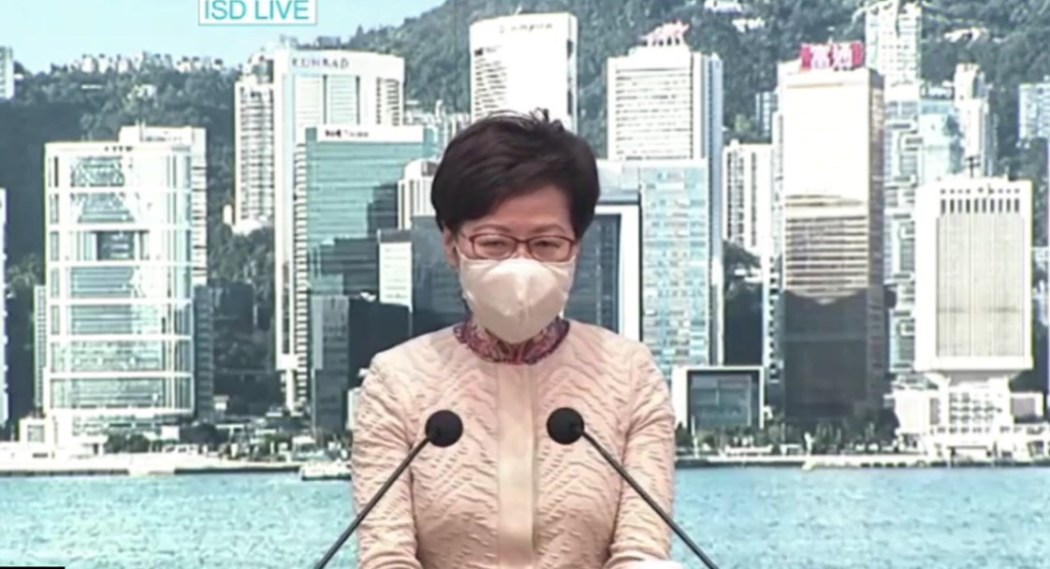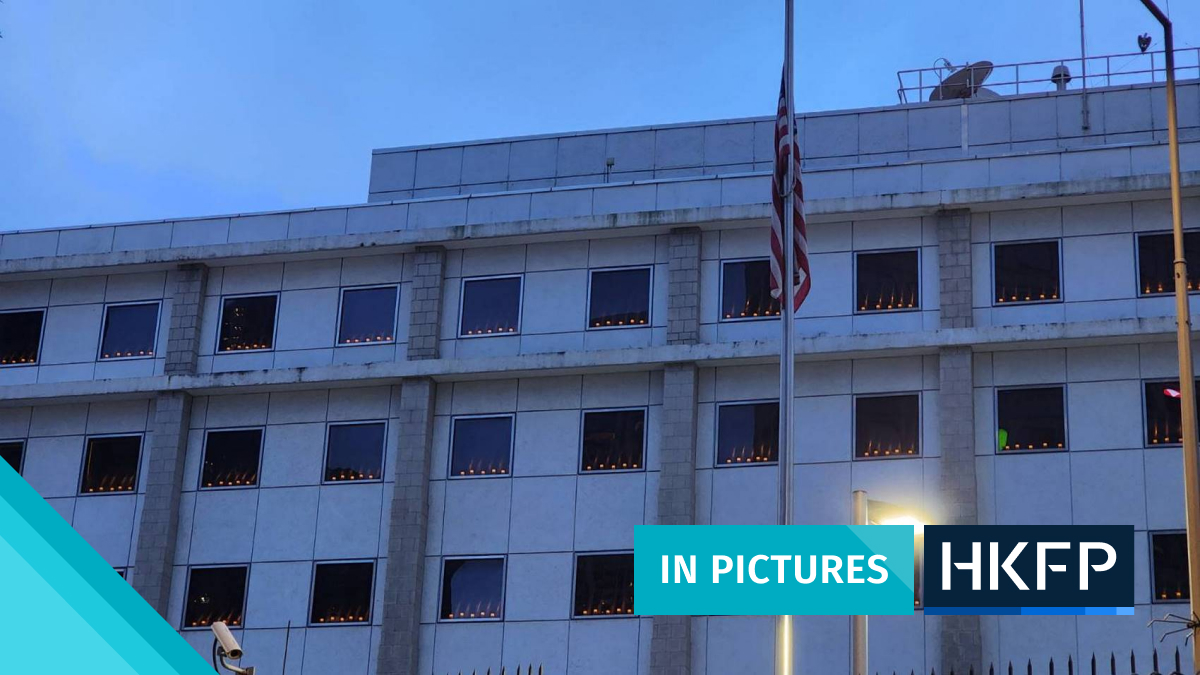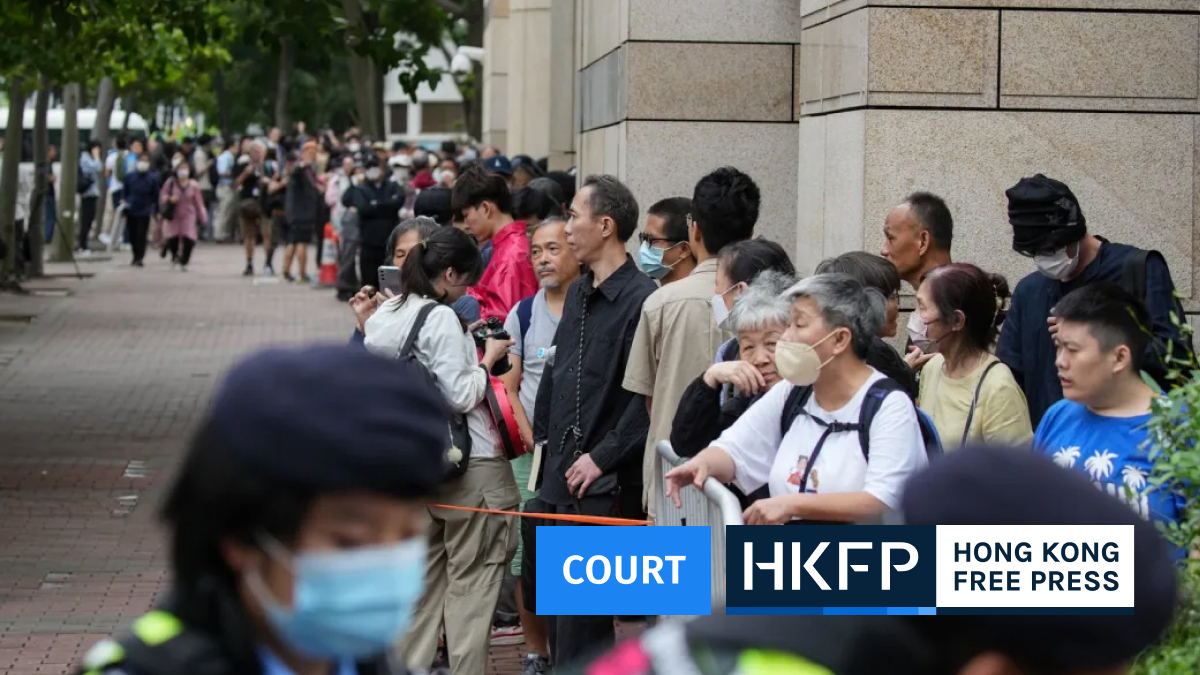Hong Kong will respect the right voters have to cast a blank ballot but may make inciting others to do so illegal, city leader Carrie Lam said on Tuesday. Her comments came after a week of speculation over whether the government will outlaw casting a blank vote in protest at Beijing’s overhaul of the city’s election system.
“The Basic Law protects the right of election and the right to vote by Hong Kong residents,” Lam said.

“We have to respect that Hong Kong people have the right to choose. So for ballot papers given to voters, it is their freedom to express their views using their ballot paper. Whether they choose a particular candidate or not choose anyone at all or sabotage the ballot paper to make it invalid, it is their freedom,” she continued.
“But if we are talking about organised and intentional acts to incite voters to conduct certain deeds en masse, this may be related to organised and destructive acts to sabotage an election,” she warned, saying such acts are “easily distinguished and it can be regulated by the law.”
Beijing passed a decision to dramatically overhaul the city’s electoral processes at the end of last month. The decision, which amended Annex I and II of the city’s mini-constitution reduced the ratio of directly-elected legislative seats, introduced screening of potential candidates by national security police and set up a vetting committee made up of top city officials to ensure only “patriots” can run the region.

‘Inciting sabotage’
Beijing’s new amendments also provided that the local government regulates against “inciting sabotage” of upcoming elections, Lam said. “The HKSAR shall, in accordance with the law, take measures against acts of manipulating or undermining election,” one provision of Beijing’s amendments read.
She added that campaigning for others to cast a blank vote “en masse” would be akin to the democrats’ “35+” plan last July during which the opposition camp ran an unofficial primary election to choose a popular candidate in a bid to win a majority of legislative seats: “There were people last year who… organised acts to sabotage the appropriation bill and in turn to force the chief executive to step down.”
Forty-seven democrats who organised or participated in the primary election have been charged with “conspiracy to commit subversion” under the national security law. Only eleven have been granted bail while the rest remain remanded in custody.
The chief executive said any regulation will be subject to a certain threshold of evidence: “There must be evidence… so you will fall within the definition of inciting sabotage or manipulating elections,” she said.
The chief executive’s comments follow a warning from a pro-Beijing lawmaker Paul Tse last week that calling on others to cast blank protest votes in the city’s upcoming elections may be illegal under the security law. Secretary for Justice Teresa Cheng has also said that the government was considering whether to regulate against the casting of blank votes.
Support HKFP | Policies & Ethics | Error/typo? | Contact Us | Newsletter | Transparency & Annual Report | Apps
Help safeguard press freedom & keep HKFP free for all readers by supporting our team
























